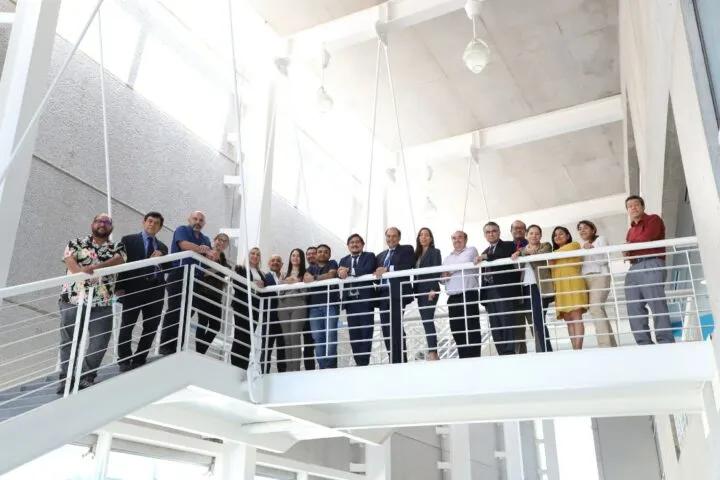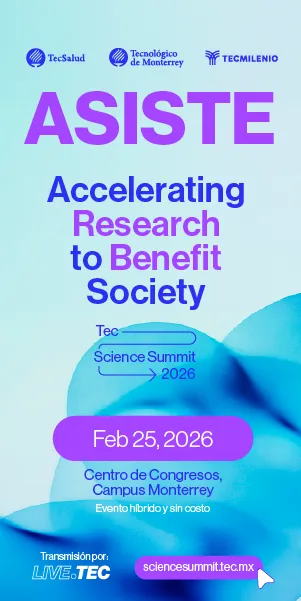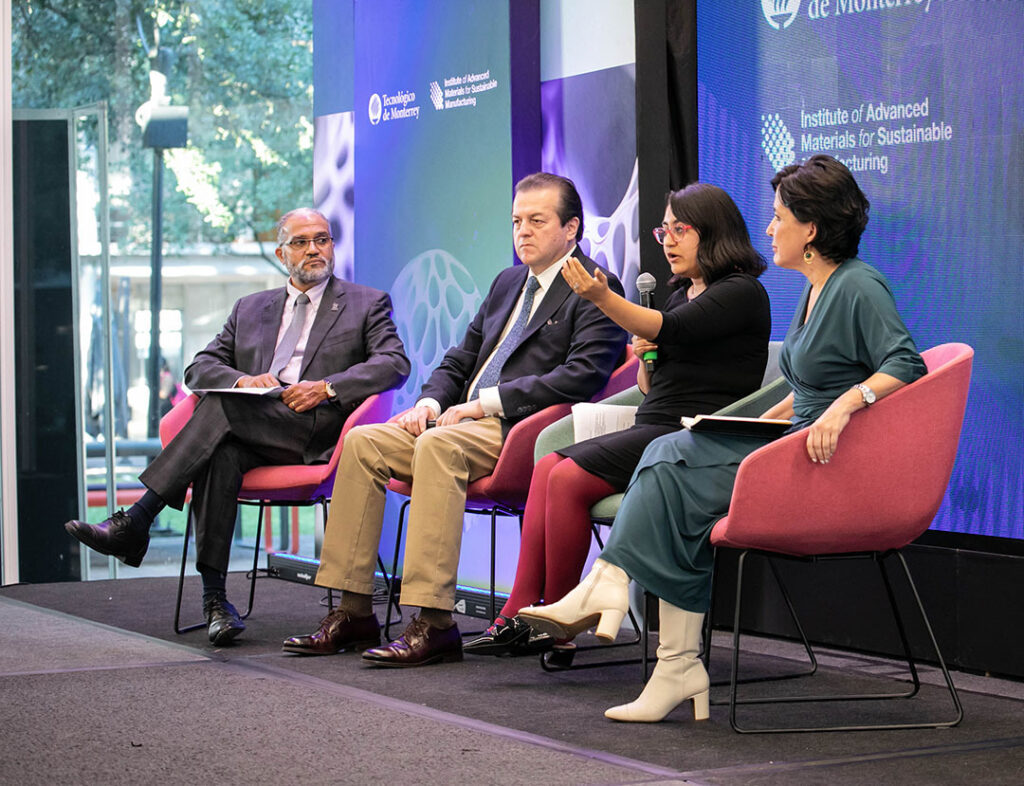3D-printed meat for human consumption and industrial lubricants developed with nanoparticles are examples of science and technology-based entrepreneurial projects showcased at the EBCTec Spin-off DemoDay & Industry Challenges.
Within the Tec de Monterrey ecosystem, 16 companies were born and developed through the synergy of innovative partnerships between scientists and entrepreneurs.
“These companies span various areas focused on engineering, health, and high technology, aiming to fulfill our mandate: to ensure that the research conducted at the Tecnológico de Monterrey has a significant impact on society,” said Arturo Santos, director of Technology Transfer at the institution.
The event’s first edition brought together researchers, entrepreneurs, investors, and decision-makers at the Monterrey campus to foster valuable connections and showcase the products and services offered by these companies.
Additionally, the spin-offs presented investment opportunities to advance their development and scalability processes.
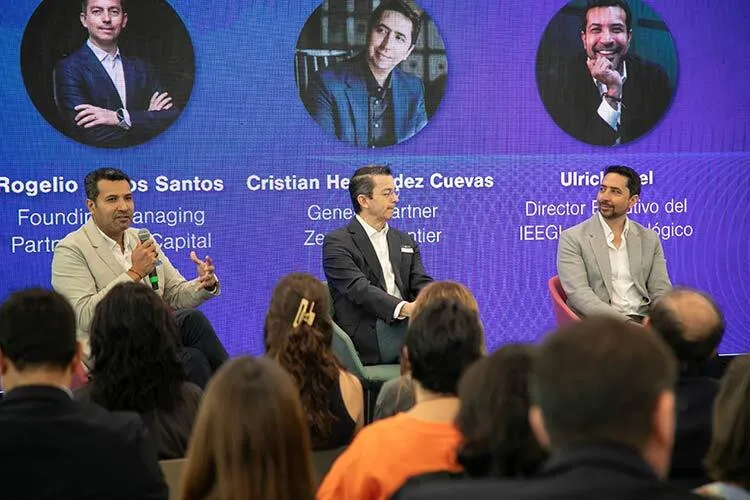
What Are Science and Technology-Based Companies?
Science and technology-based companies emerging from universities or research centers leverage the outcomes of their projects to enter the market with the support of entrepreneurs and investors.
Although born within a context of innovation and entrepreneurship, these spin-offs face the challenge of generating investor interest and understanding the market in which they could compete, as noted by Rogelio de los Santos, managing partner and co-founder of Dalus Capital, during the panel on “Capitalizing Scientific Knowledge.”
“Innovation must be encapsulated into a tool that offers a competitive advantage in the medium or long term, to stand out and bring a different value proposition to the customers it aims to serve,” explains De los Santos, who is also president of incMTY, Tec’s entrepreneurship platform.
It’s not Just About Using Science
Another key aspect of getting companies to utilize data obtained through scientific research or technological innovation is getting consumers interested in using their products based on this.
In his presentation “Breaking Paradigms of Scientific Knowledge – Building Our Future,” Engel Fonseca, consultant and CEO of Potenttial Group, explained that one of the greatest areas of opportunity lies in communicating science to citizens.
“As an entrepreneur and scientist, it’s not just about having an epiphany but also about how you shape what you discover so that it fits like a Lego piece in people’s minds,” he said.
For Fonseca, it’s essential to invest efforts in communicating science in a simple and accessible manner, so that anyone can understand it: “The more people think like scientists, the better society we will be.”
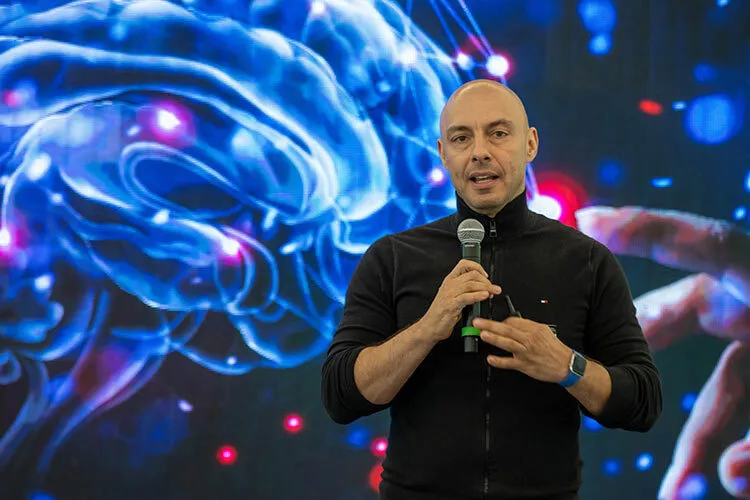
EBCTec Seeks Innovative Solutions to Major Problems
Science and technology-based companies focus on finding sustainable, efficient, and −in some cases− lower-cost solutions for different market sectors and industries through innovation.
To promote their development, Tec implemented a Scientific-Technological Entrepreneurship model that includes policies and processes for Intellectual Property licensing, calls for companies with these characteristics, funding programs for scaling with third-party participation and using platforms like Science Connexion, among other initiatives.
“Our role is to coordinate all elements of an already integrated ecosystem at Tec de Monterrey so that research activities conducted throughout Tec, including Tecmilenio and TecSalud, can have an impact on society, attempting to address some of its main issues,” notes the director of Technology Transfer.
The Role of Investment
When conceptualizing a science and technology-based company, the innovation generated as part of knowledge and the execution capability offered by entrepreneurs with their expertise to translate a patent into a product is necessary.
With this in mind, spin-offs seek to have a clear value proposition and help investors and customers understand how, through science and technology, their innovation can become a product and have a solid business model.
With investor participation and depending on the product’s maturity, financing can be used for research and development, prototyping, laboratory or clinical trials, operational expenses, infrastructure and technology improvement, scalability, growth, and expanding offerings, among other purposes.
“If you have a science-based venture, among the things that an investment fund will ask for are your lab results and tests, your intellectual property position, your execution capability to move from the lab to the market, and finally, the regulatory point, rules that you can have in your favor and against you,” said Ulrick Noel, executive director of the Eugenio Garza Lagüera Entrepreneurship Institute.

Some Tec de Monterrey spin-offs
Among the spin-offs presented during the event are:
This company presented Artemis, a three-dimensional bandage based on silver nanoparticles that can rapidly and simply treat wounds of all types.
AIoT4All
It’s a platform for the Internet of Things to optimize water use in protected agriculture systems, thus reducing water waste associated with this industry.
PiBot
This spin-off proposes the development of personalized robots, tailor-made for the specific needs of various industries, designed to be operated by almost anyone.
A company focused on 3D-printed lab-grown meat for human consumption, aiming to obtain customized cuts sustainably without animal sacrifice.
Ocular Bio Design
A spin-off dedicated to isolating and developing cornea cells to produce biocompatible, functional, and transplantable tissue that can ensure eye tissue function and integration; from a single cornea, cells for up to six implants could be produced.
SytoSol
It’s about technologies for the next generation of biomolecular sensors for early detection of diseases such as lung cancer; these sensors operate outside the human body and only require a sample of a fluid such as blood or blood serum.
Global Nano Additives (GNA)
A company dedicated to developing industrial lubricants leveraging nanoparticles; currently, it offers eco-friendly products for the automotive and aerospace parts industries.
(With information from Inés Gutiérrez Jaber)
Were you interested in this story? Do you want to publish it? Contact our content editor to learn more marianaleonm@tec.mx

